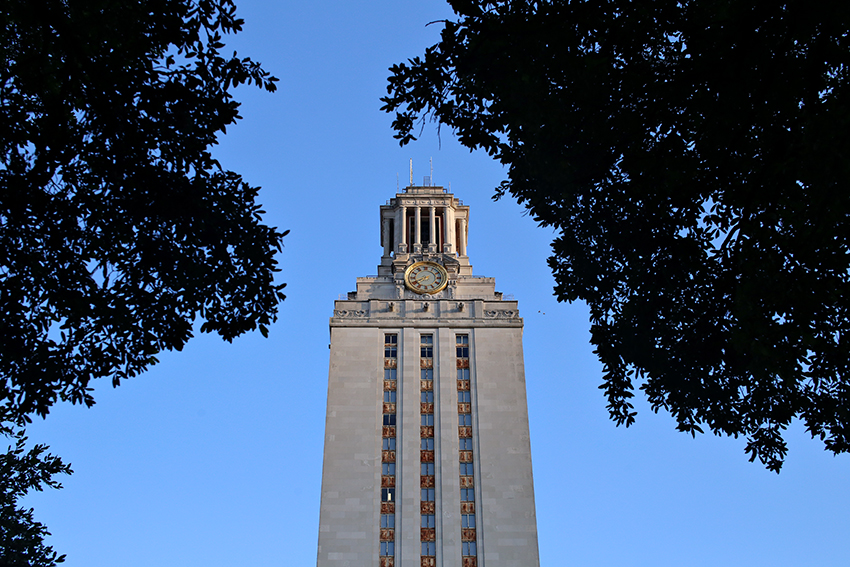In small southern towns throughout the U.S., families and churches who have relied on oil money for centuries continue to hold a monopoly on politics and wealth.
The institutionalized racism embedded in the culture of low-population southern towns oppresses minorities from excelling in their communities. When escaping from Texas towns such as Rockport and Tyler, students’ perceptions of race are distorted when transitioning to larger areas like Austin.
“It’s just a big cycle,” said Diana Deleon, a Hispanic advertising sophomore from Rockport, referring to the upper class of white retirees who run her hometown. “It is more normal and comfortable for them to think about their own race before including other people.”
This mentality urges privileged students to harbor racism at a young age, a phenomenon Deleon witnessed when the one black student that went to her high school was called “Black Josh” to ostracize him.
English freshman Ava Dhakal experienced this at her Tyler high school when other students referred to her looks as “exotic,” citing her Nepalese ethnicity. Still, Dhakal thinks she is lucky to only be subjected to these backhanded compliments in comparison to the bigotry endured by her Muslim friends.
“I remember people would ask them, ‘When are the terrorist meetings?'" Dhakal said.
These comments often come from parents not wanting their kids to learn about other cultures. Dhakal had a friend who would often speak of his family’s mentality, explaining they would disown him if he took a black girl to a dance. When she called out his inherent racism, he would respond by saying, “‘No, that’s just the way of life here.’” This racism is so deeply embedded that it is only acknowledged by those it affects.
It is this “way of life” that continues to suppress the diversification of local government, an issue Austin NAACP president Nelson Linder devotes his time combatting. Born in 1958, Linder grew up in central Georgia being subjected to oppression in every key area of life.
“Folks with money and power have been able to hold onto their power for years,” Linder said. “And they tend to buy the leadership.”
This misrepresentation starts as early as high school. While Hispanic students make up 46 percent of enrollees in Tyler Independent School District compared to the white students who make up 22 percent of enrollees, Dhakal recalls only white members in her high school student council’s leadership. The towns are relatively diverse, but the minorities continue to be underrepresented.
Marginalized students from towns like these can be accustomed to being excluded from success. Minorities from small towns are likely to grow up not being elected to student government, not being encouraged to take advanced courses and possibly not even being encouraged to go to college. This dissuasion can upset racial relations at a university level for those students who do pursue an education, even if the environment is generally unprejudiced.
Racism continues to shape the culture of small towns. Tyler’s idolization of the Rose Queen, the paramount position of a traditional festival that has only had white royalty, always the daughter of an established family, is an example of how intensely racism is rooted in small town society. Racism’s insertion into trivial events like the Texas Rose Festival shows its looming power in important matters such as local government and education.
Elkins is a journalism sophomore from Tyler. Follow him on Twitter @ethanerikelkins.





















